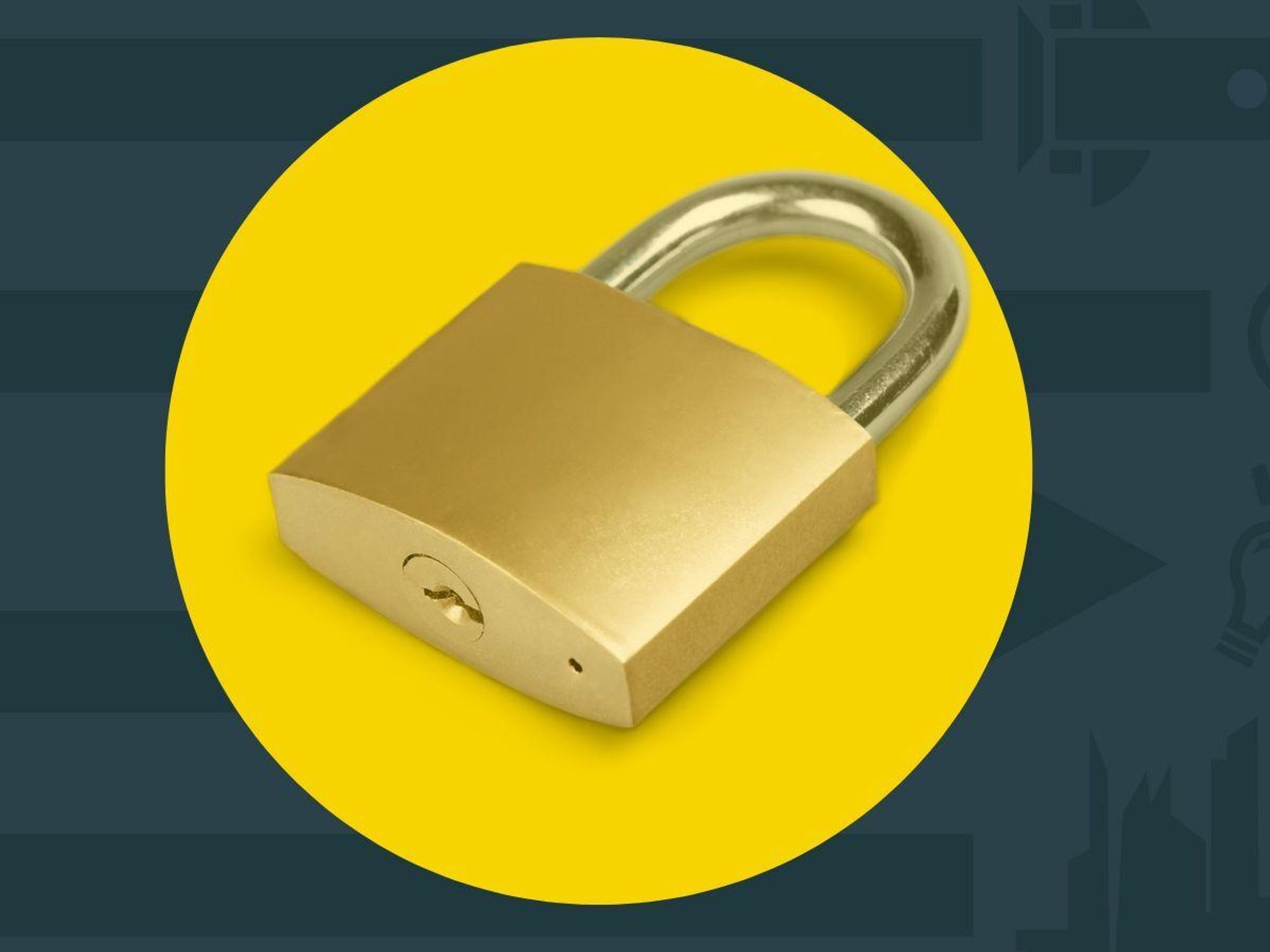Prediction: In 2023, Consumers Will Take Back Control of (Some of) Their Data

Consumers are constantly asked to share personal data — whether browsing a website or shopping at your local grocery store. For the most part, studies show they're fine with it. But in 2023, a more cautious attitude toward data protection and privacy will start to emerge as employers roll out monitoring software and the politics of privacy heat up in D.C.
A 2020 Statista global survey, taken during the heart of the COVID-19 pandemic, found that 38% of consumers were happy to share their data in exchange for personal convenience and well-being. That number jumped to 46% when factoring in respondents who were always willing to share their data, regardless of the trade off.
A similar survey from the Global Data and Marketing Alliance (GDMA) found U.S. consumers were even more unconcerned; 48% of respondents identified themselves as “data pragmatists” — meaning they are willing to exchange data with businesses as long as there is a benefit to doing so. Another 31% are ‘data unconcerned’ (will share information regardless). That means nearly 80% of U.S. consumers have few qualms about sharing personal data.
That overwhelmingly favorable attitude could change in the coming year, as a slew of new set of conditions is poised to test consumers’ trust in data sharing.
First, despite an effort to bring employees “back to the office,” we will see a continued crossover between work and personal life, giving companies visibility into more personal information about their employees. So far, employees have opted to use the same tools for work and their personal life, in order to streamline and economize the programs they use. Some probably don’t appreciate the data-gathering features already embedded in many of this software, especially as employers continue deploying tools to monitor employees’ behavior. As some of these practices come to light, l employees who previously may have taken a more laissez-faire approach are likely to rethink what information they’re sharing.
As temperatures rise in Washington over how much control tech behemoths have over the dissemination of information and more antitrust legislation intending to claw back Big Tech’s power, consumers will grow increasingly wary of handing over information to social media sites. Expect this skepticism to trickle down to a subset of the U.S. population – albeit perhaps not younger Americans, who may chafe against perceived restrictions.
U.S, consumers will also grow more cautious as companies continue to fall prey to high-profile hacking incidents. As hackers demonstrate their skill in compromising financial and health care data, consumers will seek out security and privacy tools to protect their well-being and financial and mental health.
Passwordless technology and passkeys, a hot topic in 2022, will benefit from some of this increased concern. People are looking for simple ways to stay safe online. Going passwordless obviates the need for a password, removing the human error that leads people to create weak and common passwords.
But while the roll-out of passwordless will take time, the good news is that one can still live a virtually passwordless life right now with a password manager. For instance, one can log in with biometrics if they need to go to a new website, and log in with their password manager and have it generate a strong and unique password. This also includes auto-filling passwords, not typing them in anywhere, because the password manager does all the auto-filling for you.
While all of this is ongoing, people, industries, and governments will need to eventually adjust to these technological changes, while consumers move in parallel to take control of their digital destinies.
- The Latest TikTok Trend: Malware ›
- Los Angeles Information Security News - dot.LA ›
- Remote Work Means More Demand for Privacy Tools — Bitwarden Is Answering the Call ›




 Image Source: Skyryse
Image Source: Skyryse
 Image Source: Northwood Space
Image Source: Northwood Space